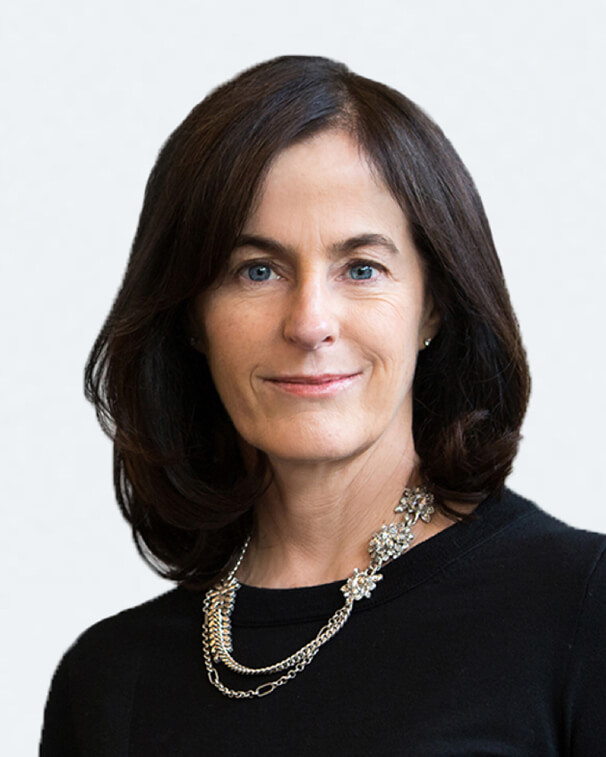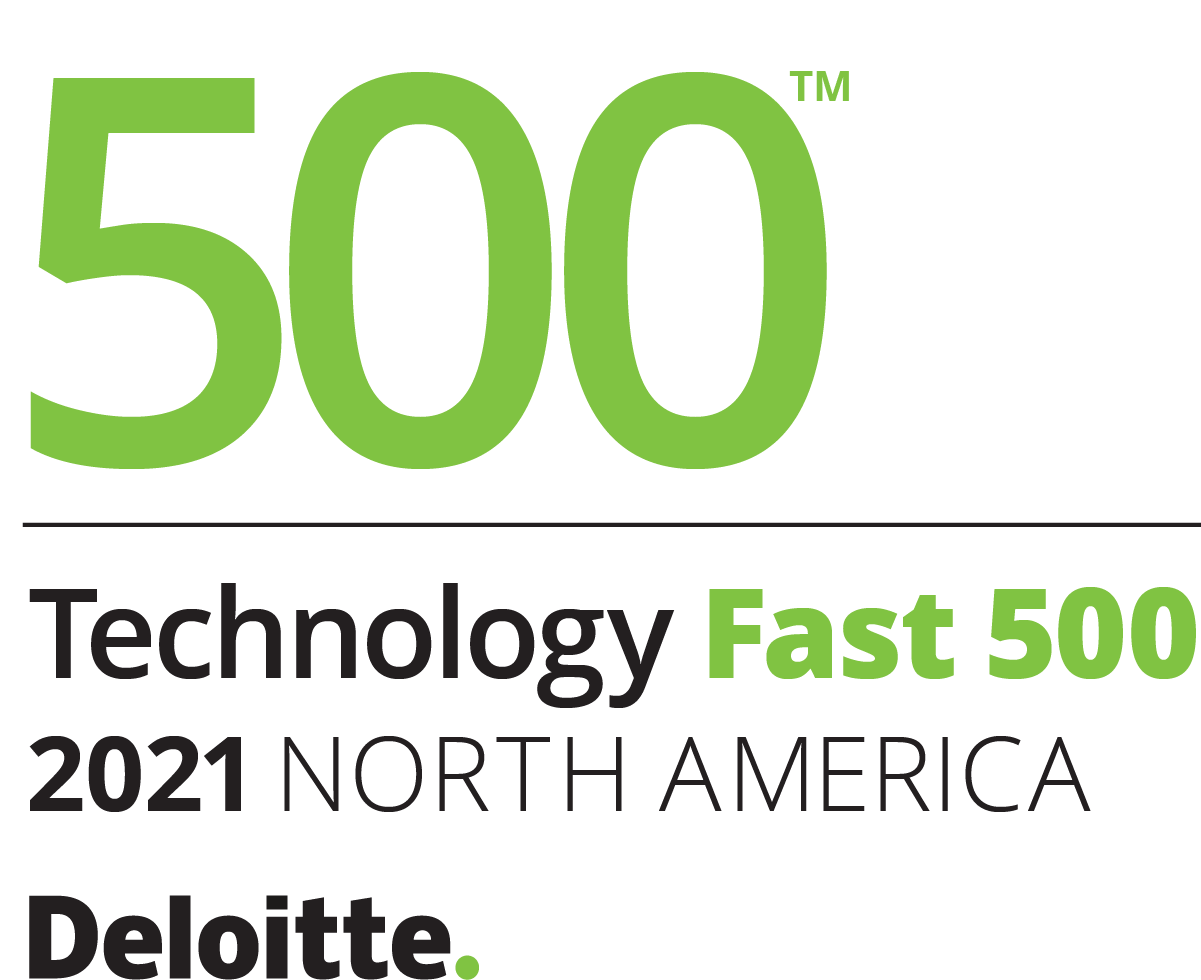
Listen now:
Deidre Paknad, WorkBoard CEO: Do you have a framework for teams to achieve their best, or are you leaving it to the thousand managers that you have in the organization each to make up their own ad hoc model for aligning within the team and driving real outcomes in progress? Now, unfortunately, if you don't have a common framework for managers to coalesce their teams on their best outcomes and impacts, and you have a set of managers in the middle and at the front, who've relied on proximity and visual inspection to direct actions for their employees, those managers and their teams will fail in our work climate and environment today.
Today, mature companies are increasingly borrowing a framework from startups that is used to help teams focus on what great looks like, and really drive clarity around what would be awesome this quarter — and how that contributes to the company's objectives.
And this OKR framework gives managers a better way to unlock their team's full brain power and willpower. And of course, when those team members are not fully engaged — when they're not thinking about what would be awesome, or when they don't even know what would be awesome for their team — they're not bringing you their full brainpower and their full willpower.

The OKR Framework helps you capture untapped value and velocity locked in those teams, and in the gaps between teams and between silos and functions. The framework has three elements, and it's a cycle of aligning and clarifying what matters now to our customers and our company and what are our best possible outcomes. What would be great, and how do we measure those outcomes? Not by opinion, but how would we objectively measure those results? And then which teams do we need to align with vertically and horizontally for best outcomes?
Once aligned, you shift to focus: that's focusing and measuring value along the path and how much value have we created? How close are we to those outcomes we're trying to create? What's our gap to goal? What are the risks to our results now? So we're really concentrating our energy week to week on where value is really created.
And then the last cycle is learn and iterate — an explicit moment in time to focus on what did we learn about how value is created on our team and what do we learn about what gets in our way of that value? And then that, of course is the iteration that we align on going into the next quarter cycle.
OKRs are particularly powerful when cross-functional teams use them to unlock better results. And by cross-functional here, I mean self-forming teams that come together to achieve objectives and results for customer and for company where the stakeholders involved in actually driving that value actually come together to agree on what it is. Our data shows that lateral alignment cross-functional teams consistently drive higher results quarter over quarter than single function, or if you will, hierarchical teams do.




